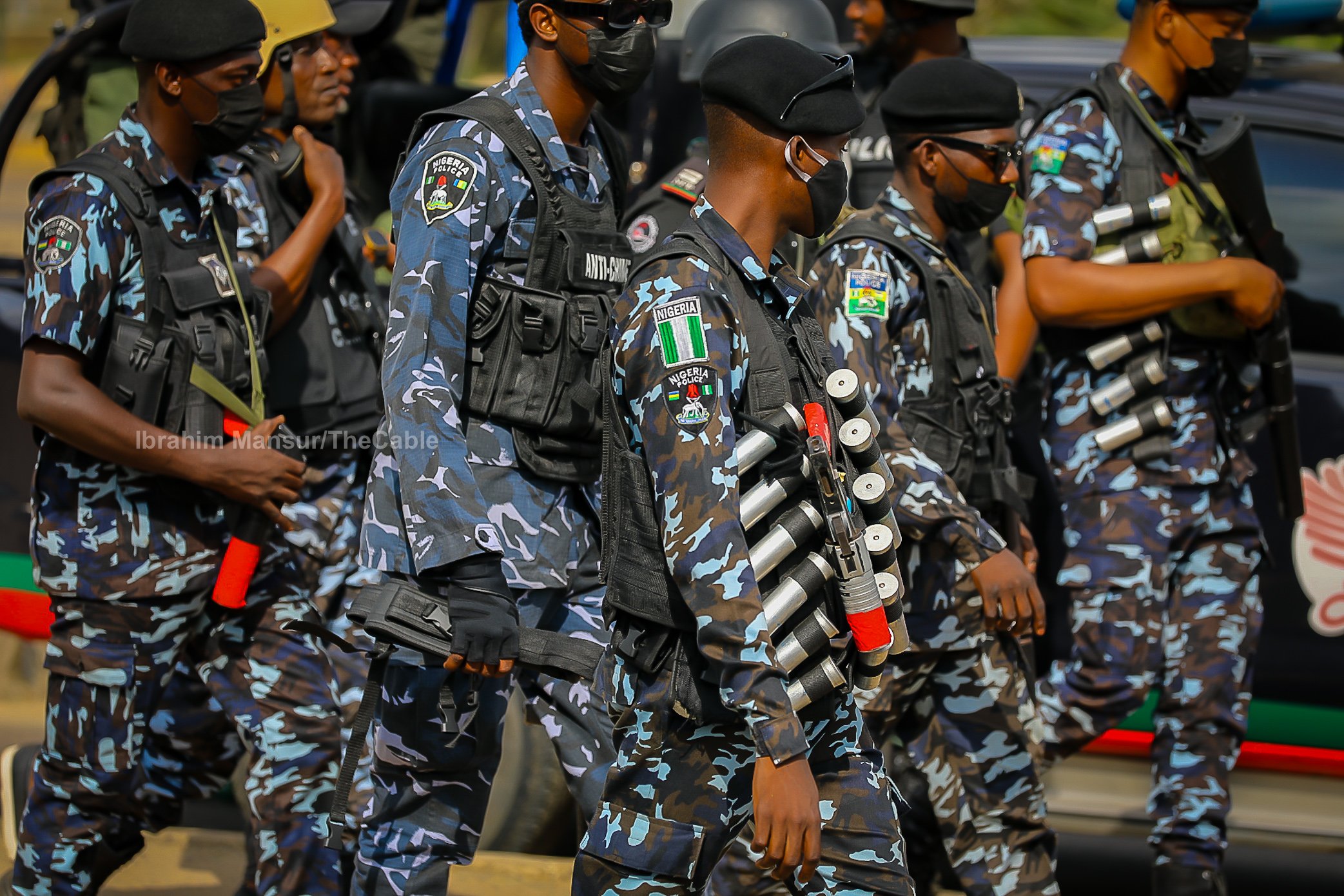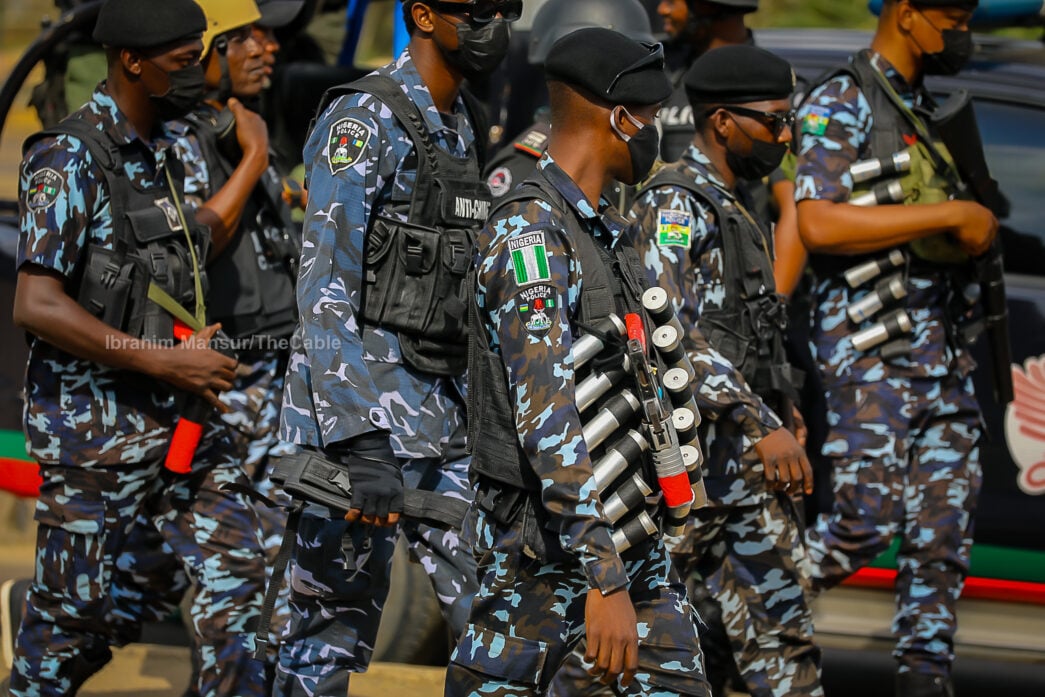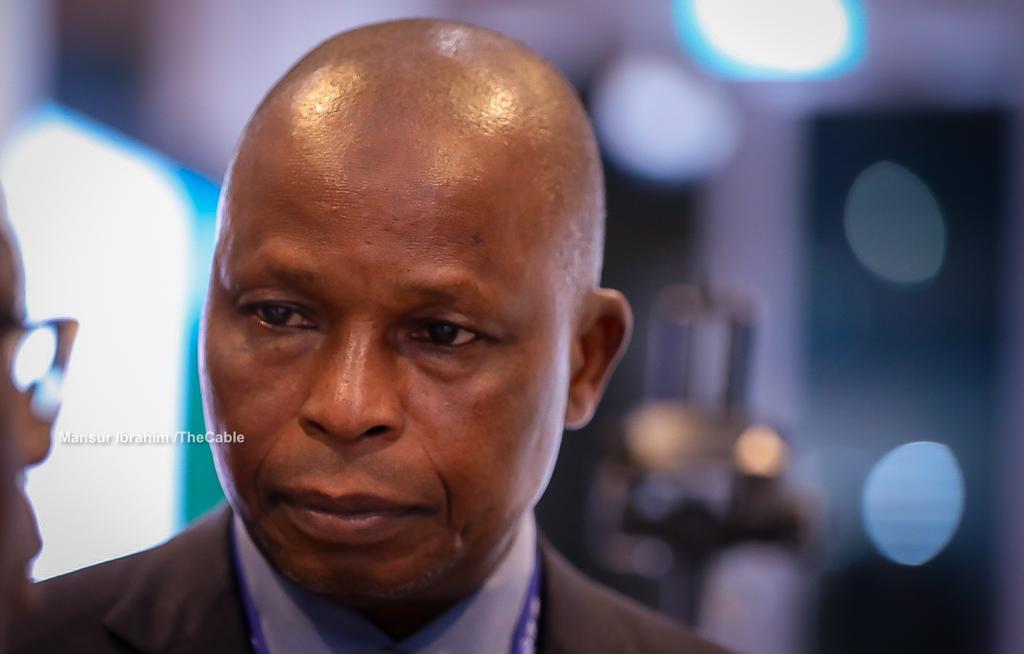BY ADAGBO ONOJA
There has been a new piece of legislation with great prospects of retooling police operatives and policing in Nigeria recently. There is no illusion that the new law will, in and of itself, take Nigeria past the coloniality of policing in the country just because the Senate has passed and the president has signed this particular bill into law. However, there is a need to draw attention to the transformative potential of the legislative discourse in question in the light of the post-Cold War conception of security as emancipation, as something broader or beyond law and order. Drawing national attention to this law is warranted before the legislation gets buried in the discursive commotion of the social space.
The pleasantly shocking development about policing Nigeria in early October 2025 was the signing into law of the ‘Nigeria Police Force Training Institutions’ bill. The new law is a legislative hit because of what it does to a whopping number of training institutions belonging to the Nigeria Police Force (NPF) – 49 of them – none of which was known to the law before September 3rd, 2025, when the president’s signature transformed the bill into law. Meanwhile, some of them, such as the Police College in Ikeja, Kaduna, Maiduguri, Enugu and Jos, have been in existence since 1936, much, much earlier than Nigeria itself came to be. The 49 police institutions covered by this law include five Police Colleges; 18 Police Training Schools, and the rest are distributed into tactical, technical and related training schools spread across Nigeria. Hitherto, these were the institutional white elephants serving as incubation centres from which a huge chunk of the policemen and women majority of Nigerians encounter on the streets, emerged.
Of course, they were empty structures insofar as they had no budget line, meaning they could not draw directly from the federal budget. Whatever funding they got was gotten administratively because, unknown in law, they had to parasite on the NPF itself. But, which modern Police College anywhere in the world today can be anything but a white elephant if it has no budget of its own, which enables it to plan and execute such plans on its own terms?
Advertisement
Two, they could not enter into a legally binding relationship with similar institutions within or outside Nigeria. They could not because such a partnership would equally be unknown to the law, and no infractions of it by any party could have been actionable in court without dragging in the entire Nigeria Police Force under which they were hidden. How could any police training institution function optimally in such conditions in a world of extreme fragmentation?
Three, what these translate to are the daily prices Nigerians were paying in terms of police operatives unleashed by institutions which ran on the rule of thumb instead of a critical, modernist curriculum, models and practices. It has surely been a huge price to pay, and any legislative move which unmakes that situation acquires the status of a historical.
From what one can see, the 2025 ‘Nigeria Police Force Training Institutions’ Act has been a case of where everything that should go well went well. Obviously, taking his brief seriously, Senator Ahmed Mallamadori, the Jigawa-born chairman of the senate committee on police affairs, took his time to dig and discover that there was such a gap. He also understood that filling the gap was an imperative. His colleagues in the Senate had no difficulty in appreciating the imperative to quickly fill the gap. And when the NASS finished its job and sent the bill to the president, he, too, understood the essence of the bill and wasted no time in signing it into law. There were no glitches at any point in the progression from a bill to a law.
Advertisement
It bears repeating the point that a law will not, in and of itself, solve all the problems with policing Nigeria, but the point here is that if the grounding of the average policeman and woman is more modernist and critical, policing Nigeria would have taken off for the 21st century. In any case, it is progress for such a piece of legislation to exist because the legal foundation is an all-time imperative.
How effective the law turns out will depend on what the heads of these police institutions do, what the police force itself does, the oversight functions on the police establishment (which brings in the NASS again) and what Nigerians demand and pressure the police to do. So, the haplessness of law in itself does not preclude the celebration of the key actors in the making of the new law. Senator Abdulhamid Ahmed Mallamadori, who initiated the bill, has already been mentioned. But so also should the Senate and its leadership, as well as the NASS and the presidency. A common-sense view of the law-making function of an individual lawmaker, as well as the NASS, would frown at any celebration of the individual and collective agency behind the law. But this is not just another bill signed into law. Rather, it is a history-making piece of legislation.
Interestingly, the NPF itself accepts this rating of the new law. An October 13, 2025, statement by Benjamin Hundeyin, a chief superintendent of police and force public relations officer, gave it a landmark score. The statement added that the legislation “represented a historic step toward enhancing professionalism, ensuring sustainable funding, and improving welfare within the Force”. It went further to note how the legislation provides “foundation for building a modern, accountable, and well-equipped police institution that meets the security needs of a dynamic society”. He was sure the new law would bring about far-reaching changes to policing Nigeria, scoring it again as “a victory for national security, professionalism, and public trust”
The NPF cannot be wrong on this. The new law is worth being celebrated because the law itself is a masterful statement that it is escapism to keep blaming colonialism or the military for things we can change without much ado. That is the message of this law. Above all, the Senator who is the main force behind this law goes about his legislative activism without shouting too much or drawing noisy attention to himself. Yet, through one of his efforts, Nigeria has now reconstituted a bunch of institutions belonging to the NPF into proper, corporate legal entities.
Advertisement
These institutions can now have provisions in the budget and stop draining the financial resources of the NPF; they can sue and be sued; they can enter into professional or technical relationships with other similar institutions in and outside Nigeria. The totality is that Nigerians should expect more professionally cued-in police officers and ORs (other ranks), qualitatively trained to chaperon Nigerians in the image of the police as the vanguard of modernity, historically.
A police force without officers and operatives steeped in the modernist frame of reference cannot exercise the discretion required for the police job. There lies the case for noting the agentian condition of possibility for police training institutions embodying that promise: Senator Ahmed Mallamadori, his NASS staff, colleagues and, of course, the leadership of the 10th NASS.
Onoja is an IRs researcher
Advertisement
Views expressed by contributors are strictly personal and not of TheCable.










